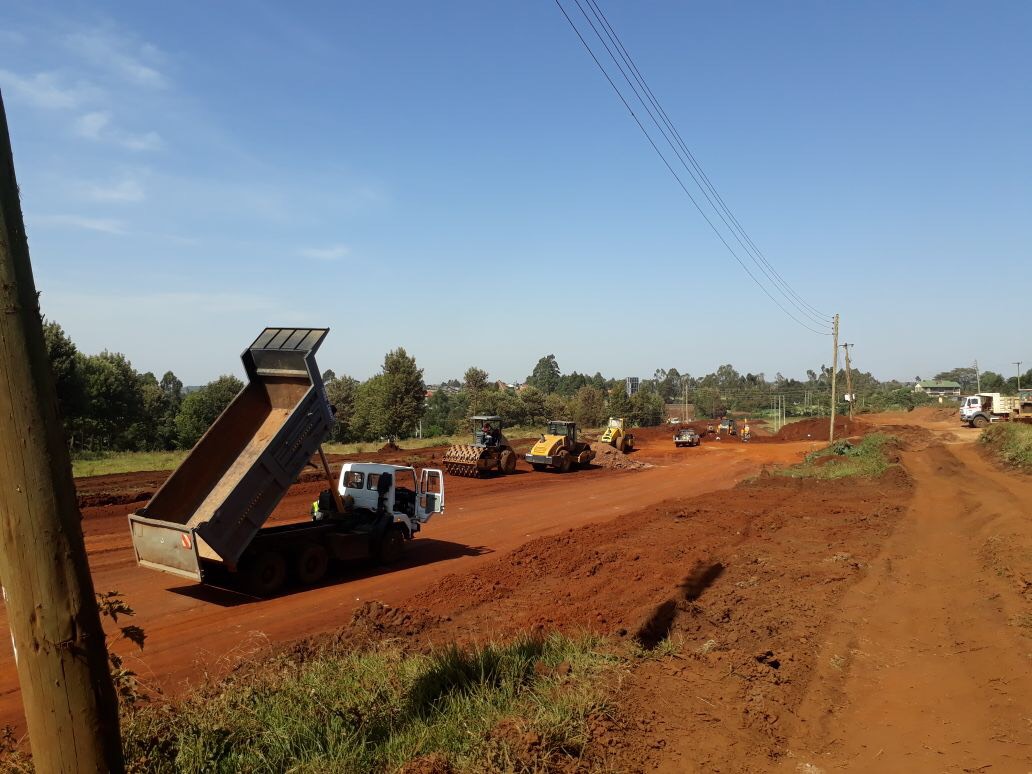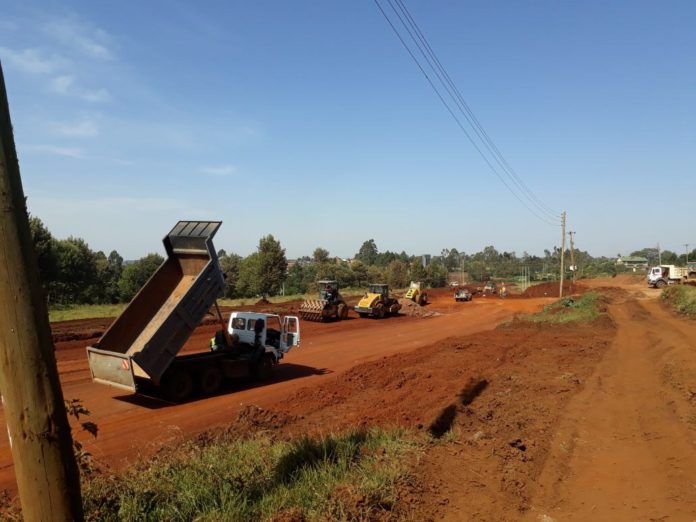By Clifford Akumu
Producers and retailers across the country are set to avoid wastage and losses thanks to the launch of a new cost-reduced warehousing system.
Tilisi, a 400-acre mixed-use urban development, has become one of the first developers in Kenya to provide plug-and-play plots for companies needing new warehouses, with infrastructure now under construction that will cut building costs radically – by up to Sh23m on electricity connection alone, across the supplied transmission and transformer – securing a better quality of buildings at far lower costs.
With almost two-thirds of Kenyan producers and retailers reporting warehousing shortages, and many looking at options to extend their own space, most report they do not have the space to add further warehousing on their own sites.
But the development costs of green field sites are also proving prohibitive, leaving producers struggling to stop wastage and losses, and expand output.
“This roadblock in producers expanding their storage is now materially slowing down the growth of our manufacturing take-off as a nation,” said Tilisi Co-Chief Executive Officer, Kavit Shah.

Currently, a green-field land structure requires developers to work with up to 11 types of engineers and consultants to achieve a finished warehouse: across quantity surveyors, power engineers, water engineers, road and civil engineers, landscaping consultants, cost consultants, urban planners, traffic consultants, environmental consultants, structural engineers, and legal specialists.
The cost for companies of connecting a greenfield industrial site to electricity averages around Sh10m to Sh15m, to get the transmission lines extended, and a further Sh6m to Sh8m for an industrial transformer, according to Kenya Power.
These costs, sat beside a two-year trail of permits and permissions, make building warehouses from scratch a slow and expensive journey. Yet in Nairobi, there are too few facilities to meet the city’s aim of becoming a regional production and logistics hub.
“Our aim with the Tilisi warehousing park is to provide everything around the warehousing plots to enable high-speed building without the need to detail design the area around the land, look at storm water drainage sewage, water or electricity connections etc. as these will be all done by Tilisi,” said Tilisi co-CEO Ranee Nanji.
“We have also provided for all our users the easy lorry access, along with other infrastructure to make the sites easy to reach for staff, including matatu routes and stops.”
The infrastructure, which is now under construction, with more than half of the 90-acre logistics park plots sold, is part of a master-planned construction that includes street lighting, security fencing and cameras, pre-installed internet connections, and footpaths.
Per acre, the developers say the infrastructure is costing Sh14m. It will be complete by July 2018.
“The internet fibre laid to every plot will allow developers to get instant fibre Internet connections, and we are now running a tender for the provider. We are also installing smart metering on the power and water connections. But with this network in place, we are able to make Tilisi a ‘smart city’,” said Ranee.
Tilisi’s water supply is independent of county water and sewerage services, being drawn from eight boreholes across the development, connected with high quality HDPE water piping. Tilisi has installed its own sewage treatment plants, which have been placed underground and connected to all of its drainage systems for waste management efficiency.
“We are providing, temporary water and electricity for our clients from the day they commence building work on their own warehouses, up and until they Tilisi provides secure permanent connections” said Ranee.
The roads are being constructed to meet international standards for heavy commercial users, including extra width to minimize any congestion for trucks using the logistics pack. The road reserve width which includes carriageway footpaths, cycle lanes and service way-leaves is being constructed at 25 metres.
“In all, we are creating a serene and conducive environment for our clients, with the whole package ready for their warehouse, even down to a local matatu park, rain shades, and a staff canteen,” she said.
The site, owned and managed by a consortium of long-standing and experienced Nairobi-based developers and set at the inter-junction of Nairobi’s northern and southern bypasses, will also have its own petrol filling station.
“Our mission from the outset was to make a perfect environment for businesses simply to buy a plot and put up their new warehouse,” said Kavit Shah.














